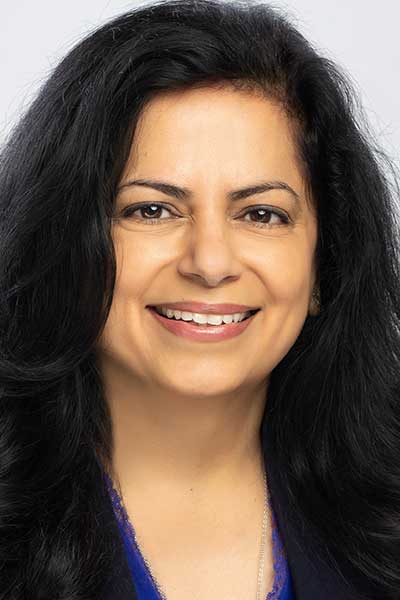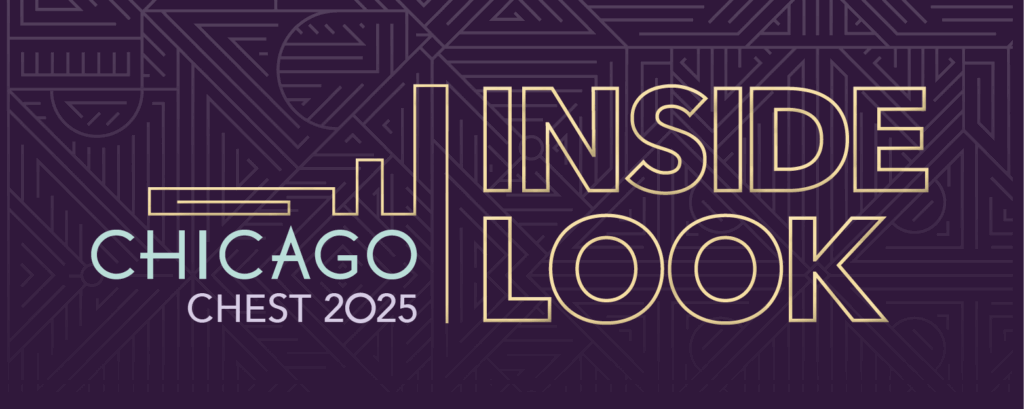Even experts can expand their proficiencies, and that’s why CHEST 2025 will feature more than 100 sessions that cater specifically to clinicians with substantial experience and deep content knowledge.

A dedicated track, tagged “Advanced” in the meeting program, is designed to address complex clinical dilemmas, with less redundancy or review of foundational information. This is especially valuable for midcareer clinicians who have many demands on their time and are looking to immerse themselves in a topic, said Sandhya Khurana, MD, FCCP, CHEST 2025 Scientific Program Committee Chair.
“These are efficient, high-yield sessions,” Dr. Khurana said. “Faculty are thought leaders in the field or respected peers who are actively practicing and can really be a resource for our attendees. Focusing on emerging science and technologies, recent advances, practice-changing trials and guidelines—and then, what’s on the horizon, what’s novel, what is in the pipeline?”
The advanced sessions intersect with more than 20 other tracks at the annual meeting, October 19 to 22 in Chicago, including allergy and airway, critical care, lung cancer, pulmonary vascular disease, and sleep disorders.
Many sessions within the track are aimed at helping seasoned clinicians stay at the forefront of their practices. New standards and updates will be explored in CHEST Guidelines: Transfusion of Blood Products in the ICU and TNM-9 Lung Cancer Classification: Updates and Challenges. Interactive sessions, such as Inhalers for Experts: Hands-On and Video Case-Based Advanced Techniques, will reinforce expert-level skills and strategies.
Other sessions will aid established clinicians in growing as leaders within their institutions and the field at large. Clinician educators will learn how to go beyond traditional methods in Advancing Procedural Teaching: Mastering Simulation Instruction, Assessment, and Innovation and Incorporating Health Equity Into Medical Education. Department and division chairs will discuss how to navigate ongoing financial and political pressures in Leadership in Turbulent Times: Facing Challenges in Funding and Policy.
The ever-popular Pardon the Disruption series—digging into asthma, lung transplant, and medical education—as well as a handful of pro-con debates—including Advanced Diagnostic Bronchoscopy 2025: Who Should Be Driving the Scope? and Biomarkers for Lung Nodule Risk Stratification: Actually Helpful?—will allow experienced practitioners to sort through questions and controversies with the help of their peers.
This type of learning among experts is something that Dr. Khurana said she seeks out at CHEST meetings. “The faculty is just outstanding,” she said. “I love to see my colleagues and their approach—how that differs from my approach, how they’re using some of these innovative novel therapies, how they are evaluating complex, severe asthma. And I think that applies to all disease states.”

Call for Topics Is Open
Feeling inspired by all the great sessions in Chicago? Help shape the curriculum for CHEST 2026, October 18 to 21 in Phoenix, by submitting topic ideas from areas you’re passionate about, topics affecting your practice, or new technologies you’d like to learn more about. The submission deadline is Tuesday, December 2, at 2 pm CT.


